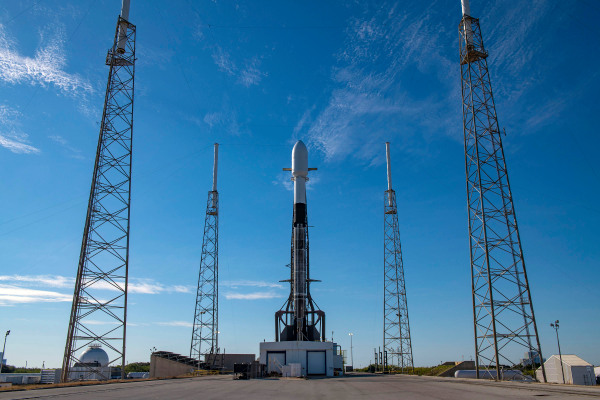[UPDATE: Today’s attempt was scrubbed due to weather conditions. Another launch window is available tomorrow at 10 AM ET]
SpaceX is set to launch its first flight-sharing mission – an Progress in 2019 It allows small satellite operators to reserve a portion of the payload when launching the Falcon 9. The SpaceX rocket has a relatively high payload capacity compared to the size of many small satellites in production today, so a flight-sharing mission like this offers small businesses and startups an opportunity to acquire their spacecraft. In orbit without breaking the bank.
The cargo capsule above the Falcon 9 flying today contains a total of 133 satellites according to SpaceX, a new record for the largest number of satellites launched on a single rocket – beating the payload of 104 spacecraft delivered by the Indian Space Research Organization. The PSLV-C37 launched again in February 2017. It will be a major showcase not only of SpaceX’s rideshare capabilities, but also of the complex format involved in the launch that involves deploying multiple payloads to different target orbits in relatively quick succession.
This launch will be watched particularly closely due to its handling of orbital traffic management, as it certainly heralds what the future of special space launches could look like in terms of volume of activity. Some of the satellites flying in this mission are not much larger than the iPad, so industry experts will pay close attention to how they are deployed and tracked to avoid any potential conflicts.
Some of the payloads being launched today include large quantities of start-up spacecraft, incl 36 small satellites of Swarm’s IoT networkAnd and Eight of Kepler’s GEN-1 communications satellites. There are also 10 SpaceX’s Starlink satellites on board, and 48 Planet Labs Earth imaging spacecraft.
The above launch flow should start approximately 15 minutes before the start of the mission, which is set at 9:40 AM EST (6:40 AM PDT) today.

„Analitikas. Kūrėjas. Zombių fanatikas. Aistringas kelionių narkomanas. Popkultūros ekspertas. Alkoholio gerbėjas”.






